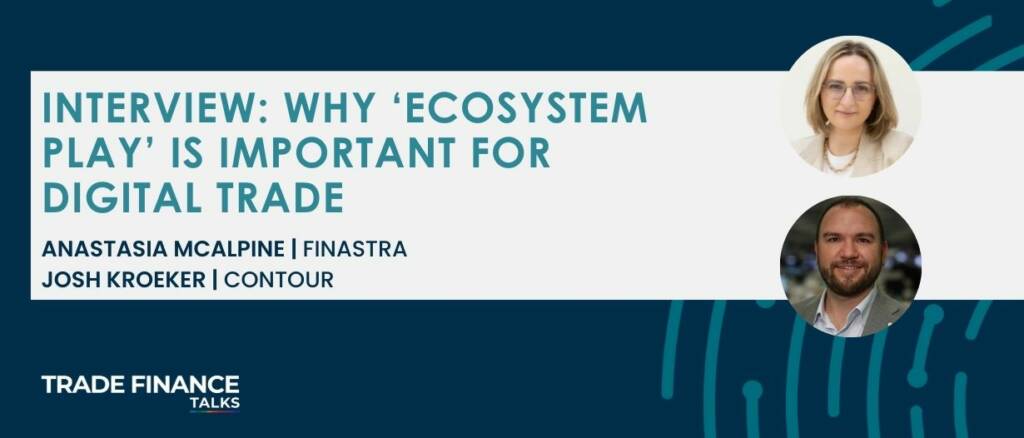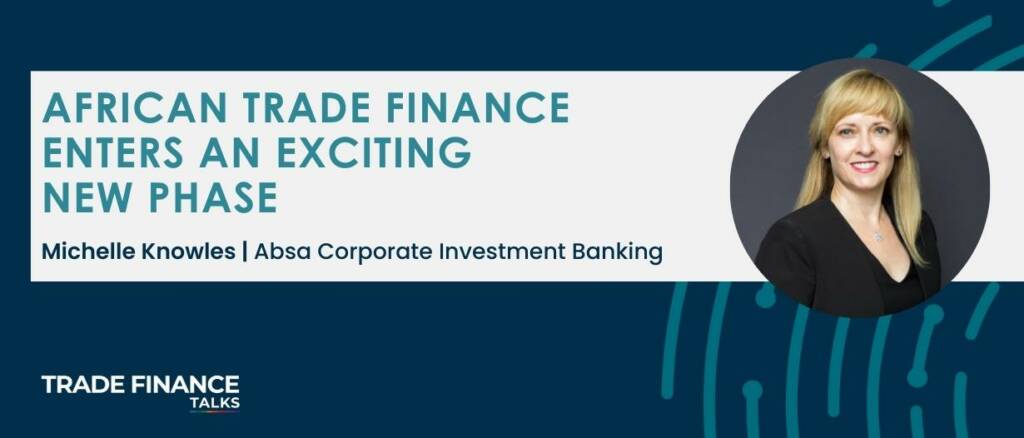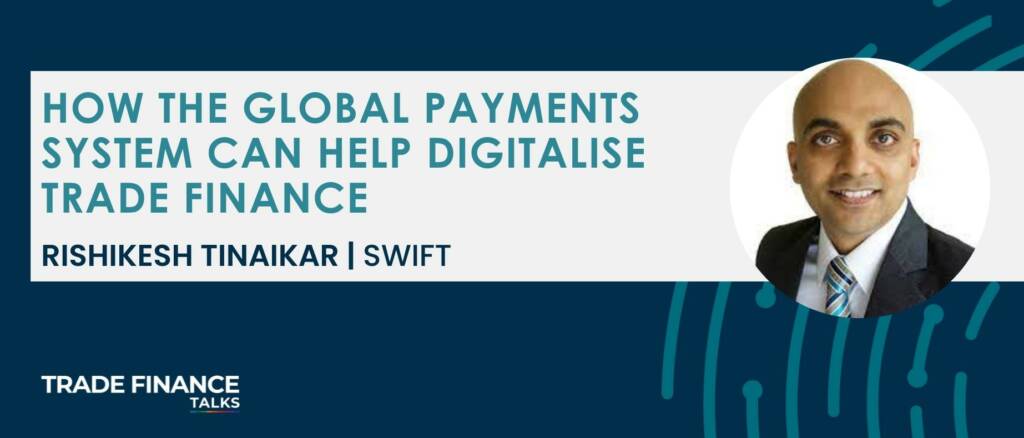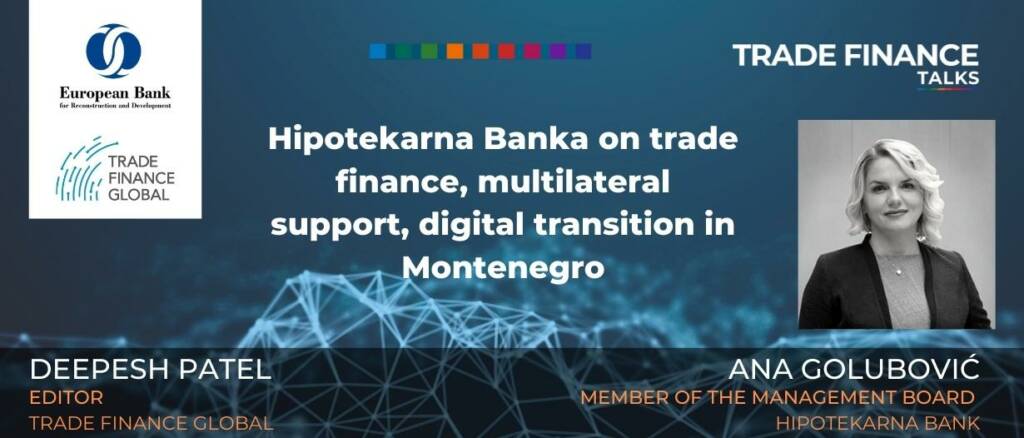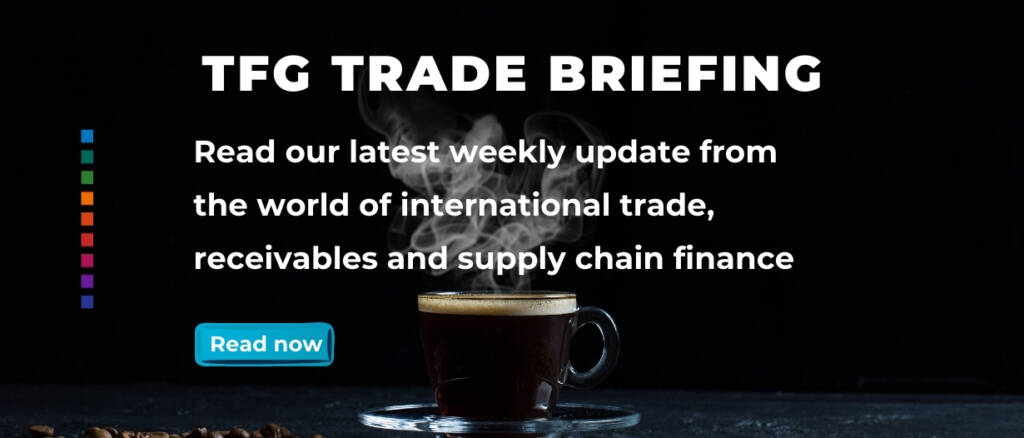With the expanding use of economic sanctions within and across jurisdictions, lawyers have to consider not just the wording of the relevant economic sanctions but also how regulators will interpret whether certain activity is compliant or not and how courts will reach conclusions.
To learn more about the current credit insurance landscape and insurance provider Swiss Re’s expansion into the North American market, Trade Finance Global (TFG) sat down with Basil Louvaris, Trade Finance North America Geographic Lead at Swiss Re Corporate Solutions, the primary insurance arm of Swiss Re.
The integration brings together banks and corporates globally through a common digital network ecosystem, increasing access to trade finance while enabling seamless and secure transactions. Today at Sibos 2022 in… read more →
To find out more about BaaS and innovations within the sector, Trade Finance Global (TFG) spoke with Valli Ardalan, global head of revenue and sales at Visa Direct, and Barry Rodrigues, EVP Payments Business Unit at Finastra.
Trade Finance Global’s (TFG) Annie Kovacevic sat down with Finastra’s Anastasia Mcalpine (AM) and Contour’s Josh Kroeker (JK) to find out the importance to have fintech companies collaborating more frequently.
It is often debated whether the reported existing trade finance gap, which over the last 3 years has oscillated between $100 billion and $120 billion, will diminish or whether the nature of illiquid, growth-focused, emerging market economies means that the gap will never truly close.
Trade Finance Global (TFG) spoke with Rishikesh Tinaikar, global head of corporates and Trade Go to Market at SWIFT, to further explore the pandemic recovery and how lockdowns are accelerating trade finance’s push toward digitalisation.
Trade Finance Global (TFG) discusses avenues to promote more accessible trade finance tools in South-East Europe.
With a global energy and food crisis peaking, alongside hiking inflationary rates and geopolitical tensions, it may seem that the road ahead for the African continent is not as straightforward as one would hope.
Speaking to George Wilson, head of institutional trade finance at Investec, Trade Finance Global (TFG) was able to find out more about the African eco-system.
Your Monday morning coffee briefing from TFG: China hits record trade surplus in July



















